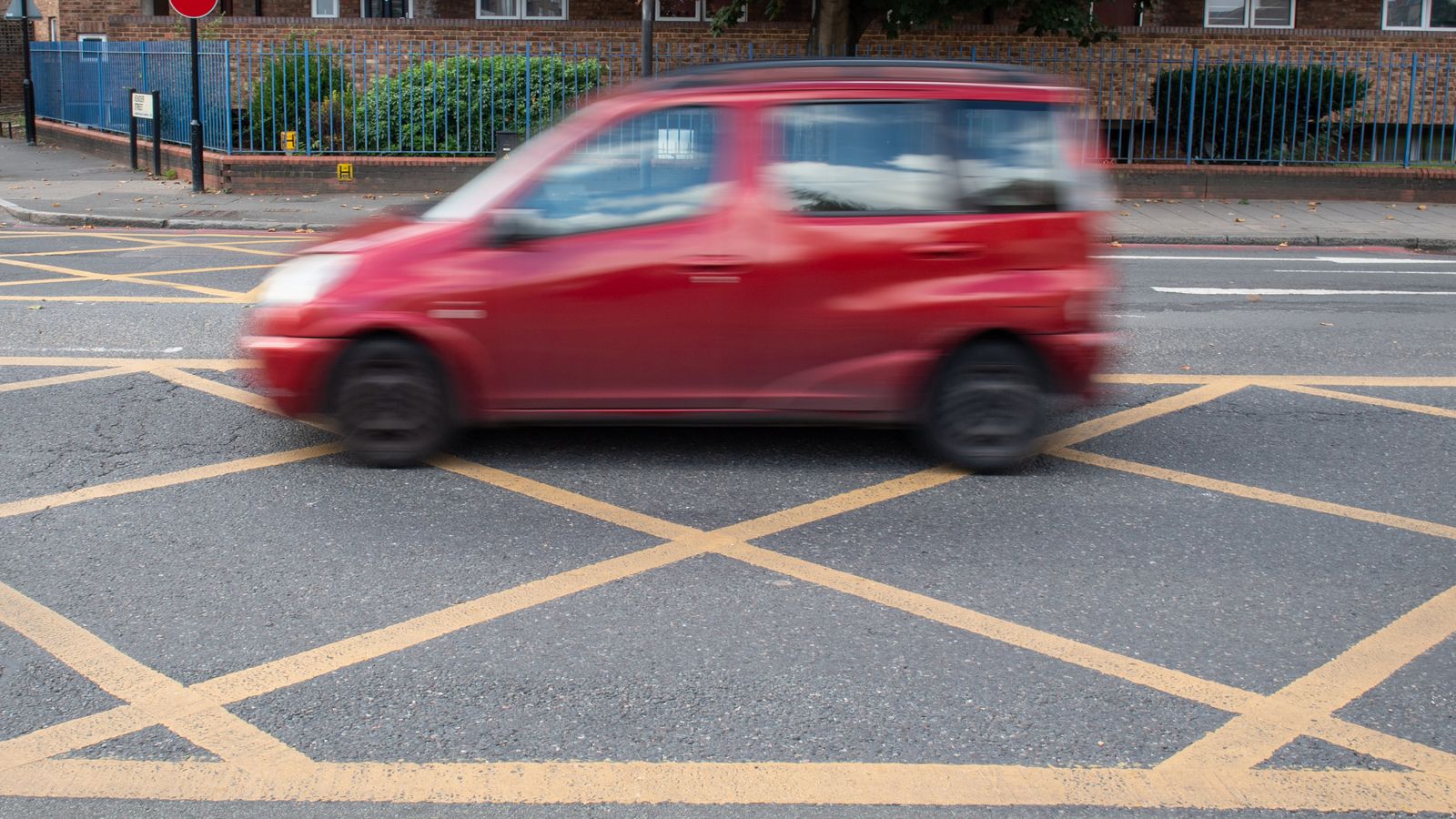Drivers are being warned to expect an “avalanche” of fines as councils across England will soon be able to enforce yellow box junctions.
From June, the Department for Transport (DfT) will accept council applications to issue fines for moving traffic offences as part of efforts to promote cycling and walking.
The offences include yellow box misuse, making an illegal turn or driving the wrong way down a one-way street.
However, the RAC criticised the move and said it will lead to more fines and confusion, unless the government makes improvements.
Head of roads policy at RAC, Nicholas Lyes, said without definitive guidance on box junctions, “there will be a high degree of confusion among drivers and local authorities, which could lead to an avalanche of penalty charge notices being wrongly issued and then having to be appealed.”
He added that this will “inevitably lead to an unnecessarily high number of appeals for local authorities to review”.
What are yellow boxes?
COVID-19: More traffic on some UK roads than before the pandemic
Yellow boxes are used to ensure traffic flows smoothly through busy junctions and motorists should only enter them when their exit is clear or they are waiting to turn right.
The RAC has criticised the government’s guidance on boxes and said it fails to state their specific function and how to maintain or enforce them.
Who can enforce them right now?
Currently, the only local authorities with power to enforce moving traffic offences in England and Wales are Transport for London (TfL), the London boroughs and Cardiff Council.
Successful applicants will be able to issue penalty charge notices (PCNs) for these offences from 1 June.
On TfL’s red routes, PCNs are £160, reduced to £80 if paid within 14 days.
An investigation by the RAC in 2020 found that London and Cardiff raked in £31.4 million in the 2018/19 financial year after issuing more than half a million PCNs for yellow box infringements.
A DfT spokeswoman said: “These new powers are designed to improve cycle safety, air quality and support of bus services.
“It’s for local authorities to enforce them and ensure they meet local needs.”






















